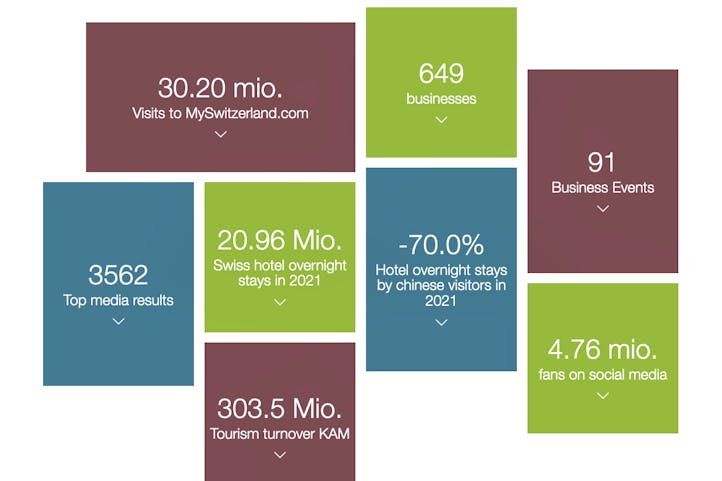Find out more about:
A study by the Global Business Travel Association (GBTA) published in May 2021 looked at corporate strategies in relation to business meetings and events in the wake of the pandemic. It found that the number of hybrid meetings held by North American businesses was set to have doubled in 2021. The study questioned planners of business meetings and events from the USA and Canada. Interestingly, 71% of respondents said that they had not held any hybrid meetings prior to the pandemic.
The story is similar in Europe, as illustrated by the August 2021 survey commissioned by the technology firm Cvent and conducted by the independent market researchers Censuswide. Nearly half (46%) of respondents stated that they organise hybrid events. When asked what services or facilities at venues would most influence their decision, the most popular answers included hybrid meeting rooms and studios (30%) and on-site production and technical expertise (29%). More than 500 event organisers, managers, coordinators and directors in France, Germany, Italy, the Netherlands, Spain and the UK took part in the survey.
It also revealed that planners were fairly confident about their ability to host hybrid events. On a scale of 1 to 10, just 2% rated their skills at 4 or less, 58% were neutral (4 to 7) and 40% rated themselves as very confident.
Interaction in person supplemented by digital experiences
The difficulty with hybrid events lies in designing the content in such a way that virtual participants also feel included and can get involved alongside those attending in person. Only then can hybrid events offer the best of both worlds. In an ideal scenario, an online community is formed, whose members can continue to interact after the event. Live events then become a valuable platform where community members can talk face to face, enabling personal interaction to continue long-term via the digital network, wherever the participants may be.
There is still demand for venues outside one’s own country
When asked where planners would look for event venues, 59% still said that they would look abroad or at home and abroad. The Switzerland Convention and Incentive Bureau readied itself for this in the first year of the pandemic (2020) and increasingly focused on developing new concepts and tools for small, niche, digital or hybrid solutions. “We also saw increased demand for hybrid solutions in 2021,” says Barbra Albrecht, Head of the Switzerland Convention and Incentive Bureau (SCIB) and a Member of the Executive Board of Switzerland Tourism ST. “As Switzerland’s offering is geared more towards small-scale conferences and events, the country is in a position to benefit strongly from this hybrid trend. Switzerland is going full steam ahead to put the requisite technological infrastructure in place.”
Price is a challenge for hybrid or virtual-only events
Although there are many factors favouring hybrid events, experts agree that there is no substitute for in-person events when it comes to getting to know people, building networks, fostering trust and creativity or developing new ideas. There is also a gulf between the prices that people are prepared to pay to attend a live event compared with a virtual event. For example, ST ran the Switzerland Vacation Day, including a wide selection of live webinars, free of charge for all interested parties. This was because the pandemic meant that the largest Swiss industry event had to take place in virtual form only. In the long term, planners will need to think about how they can monetise virtual attendance. This will be one of the biggest challenges going forward.










